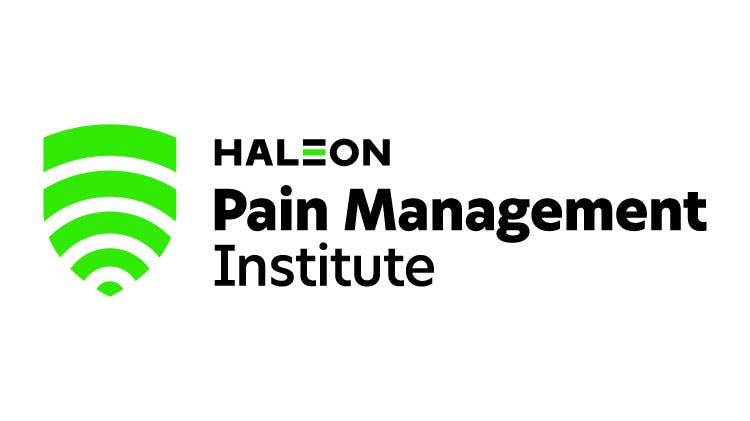Patient Tutorials

Addressing knowledge gaps in pain management through patient tutorials is vital because these gaps can directly impact a patient’s ability to understand, manage, and cope with pain effectively. These tutorials offer a practical, patient-centered way to bridge knowledge gaps. In this series we cover:
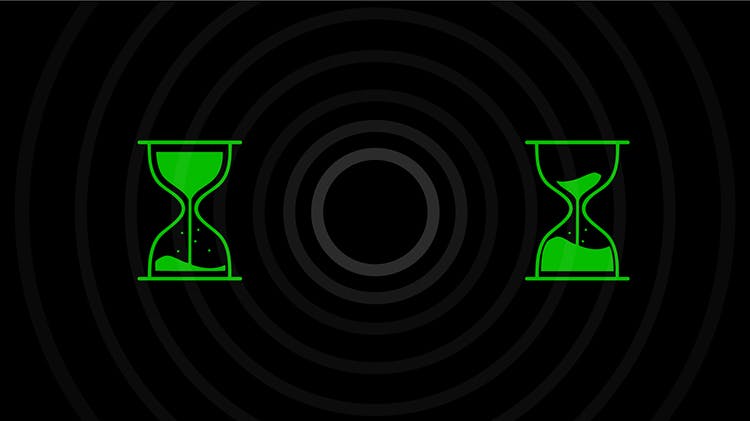
Difference between acute and chronic pain
Better understanding of difference and outcomes of acute and chronic pain can help HCPs manage expectations, emotions and approaches to manage pain effectively.
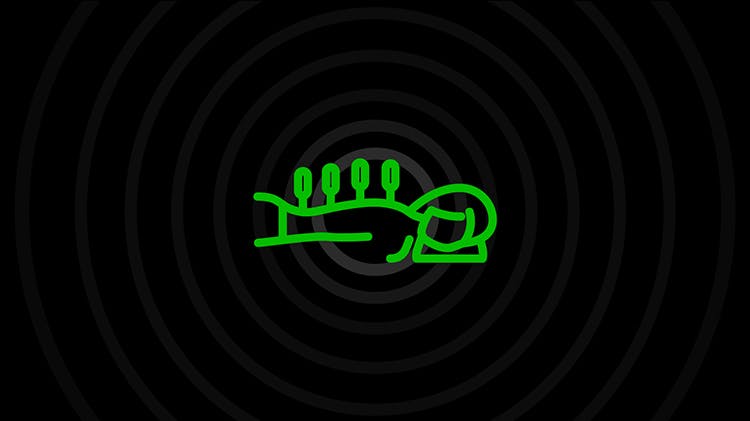
Role of non-pharmacological management of pain
Integrating non-pharmacological pain management techniques can complement pain medications to provide effective management and recovery. Equipping patients with this information will foster a more proactive approach to their wellbeing.
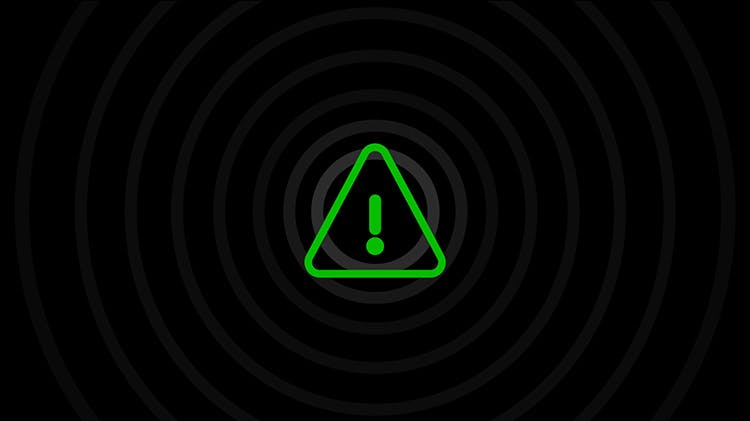
Risks and proper use of pain medication
Patient education on risks and proper use of medication is essential for promoting safety, enhancing treatment efficacy and empowering patients in their pain management journey.
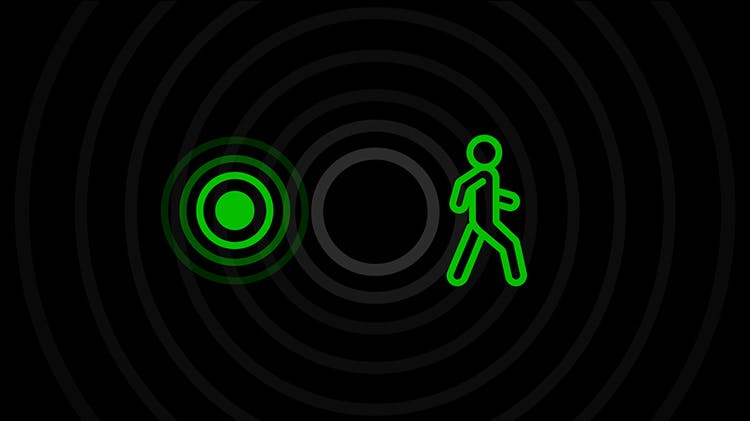
Pain vs function
Better understanding of relationship between pain and function helps HCPs provide personalized pain management and helps patients improve their quality of life.
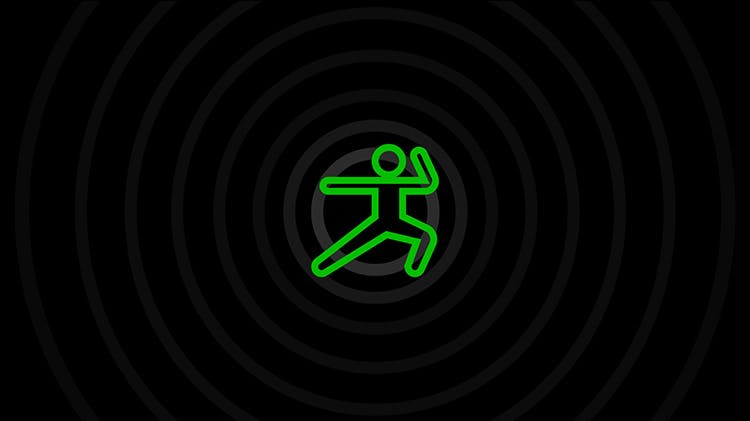
Active patient involvement
Good communication between HCP and patient is the foundation for effective healthcare delivery and positive health outcomes. Promoting active patient involvement promotes informed decision making and better self-management.
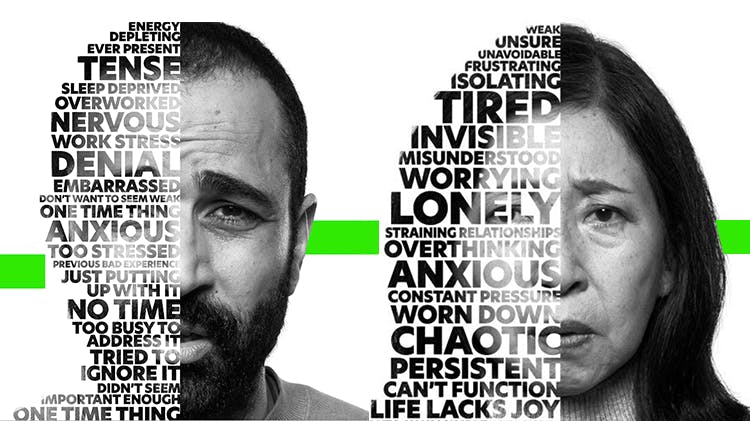
Pain is never one word
A look at how patients convey they’re in pain and ways in which to engage in conversation with patients to enable them to express their pain better.
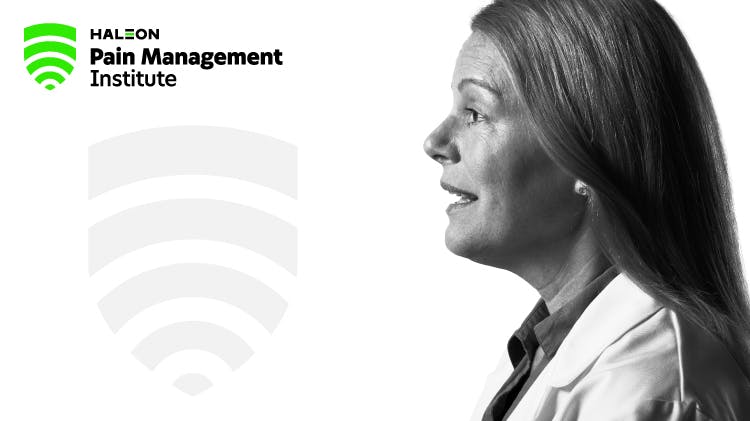
Science and Research
Educational resources and webinars to keep you updated on the latest advancements, including pain management guidelines, future trends, and research addressing the impact of pain.

Pain and age
Pain influences how we age. Our tools and resources help you to consider age-related factors, to provide tailored care for long-term well-being.
